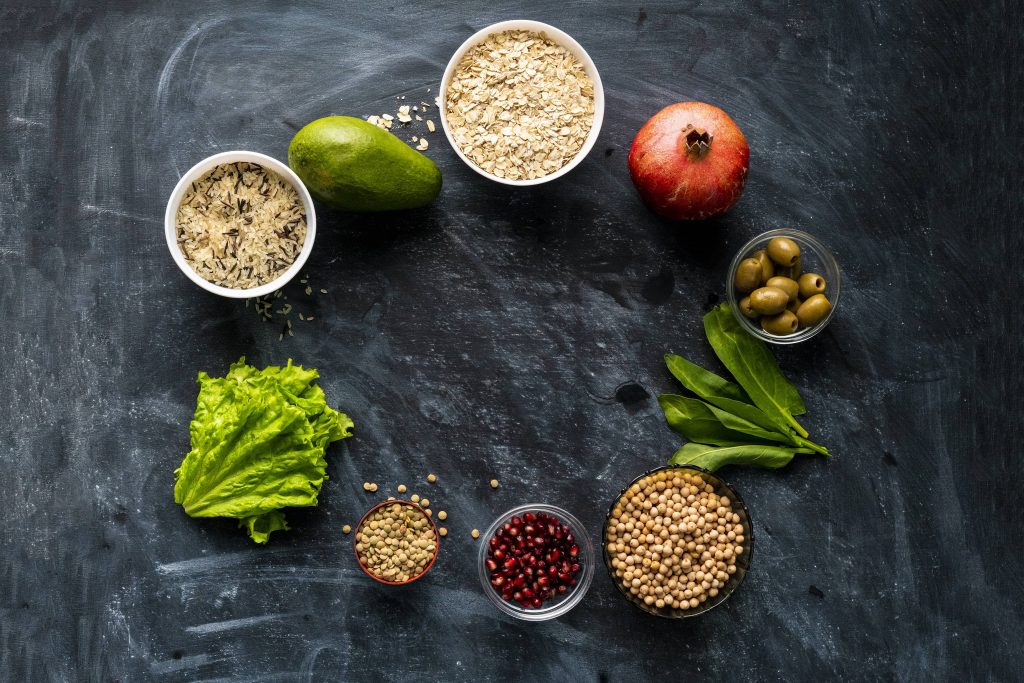
In the quest for weight loss, many people often associate the journey with feelings of deprivation and sacrifice. The common perception is that to lose weight, one must give up all their favorite foods and endure a life of bland meals and constant hunger. However, this doesn’t have to be the case. Losing weight without feeling deprived is not only possible but can also be a sustainable and enjoyable process. In this blog post, we’ll explore strategies and tips to help you achieve your weight loss goals while still enjoying the foods you love.
Understanding Deprivation
Before diving into the strategies, it’s important to understand what deprivation means in the context of dieting. Deprivation occurs when you restrict yourself from certain foods or food groups, often leading to feelings of dissatisfaction and cravings. This can result in a cycle of binge eating and guilt, which is counterproductive to weight loss. The key is to find a balance that allows you to enjoy your meals while still making progress towards your goals.
Mindful Eating
One of the most effective ways to lose weight without feeling deprived is to practice mindful eating. This involves paying full attention to the experience of eating and savoring each bite. By slowing down and focusing on the flavors, textures, and aromas of your food, you can enhance your eating experience and feel more satisfied with smaller portions. Mindful eating also helps you recognize hunger and fullness cues, preventing overeating.
Incorporate Your Favorite Foods
Completely eliminating your favorite foods can lead to feelings of deprivation and increase the likelihood of binge eating. Instead, incorporate them into your diet in moderation. Allow yourself to enjoy a small portion of your favorite treat occasionally. This approach not only satisfies your cravings but also helps you maintain a balanced diet. Remember, it’s not about perfection but progress.
Focus on Nutrient-Dense Foods
Filling your plate with nutrient-dense foods can help you feel full and satisfied without consuming excess calories. These foods are rich in vitamins, minerals, and other essential nutrients that your body needs to function optimally. Examples include fruits, vegetables, lean proteins, whole grains, and healthy fats. By prioritizing these foods, you can nourish your body while still enjoying a variety of flavors and textures.
Experiment with Healthy Recipes
One of the joys of eating is discovering new flavors and dishes. Experimenting with healthy recipes can make your weight loss journey exciting and enjoyable. Try cooking with different herbs and spices to add flavor without extra calories. Explore new cuisines that emphasize fresh, whole ingredients. By expanding your culinary repertoire, you can find healthy meals that you genuinely enjoy.
Practice Portion Control
Portion control is a crucial aspect of losing weight without feeling deprived. Instead of eliminating certain foods, focus on controlling the amount you consume. Use smaller plates and bowls to help manage portion sizes visually. Pay attention to serving sizes on food labels and measure out portions when necessary. By practicing portion control, you can enjoy a variety of foods while still managing your calorie intake.
Stay Hydrated
Sometimes, feelings of hunger can actually be a sign of dehydration. Ensure you’re drinking enough water throughout the day to stay hydrated. Water not only helps regulate your appetite but also supports your body’s metabolic processes. If you find plain water boring, try infusing it with fruits or herbs for added flavor.
Set Realistic Goals
Setting realistic and achievable weight loss goals is essential to avoid feelings of deprivation. Instead of aiming for rapid weight loss, focus on making gradual, sustainable changes to your lifestyle. This approach allows you to build healthy habits over time and reduces the pressure to make drastic changes that are difficult to maintain.
Get Support
Having a support system can make a significant difference in your weight loss journey. Whether it’s friends, family, or a community of like-minded individuals, having people to share your experiences with can provide motivation and encouragement. Consider joining a weight loss group or finding a workout buddy to keep you accountable and inspired.
Listen to Your Body
Finally, listen to your body and its needs. Everyone’s weight loss journey is unique, and what works for one person may not work for another. Pay attention to how different foods and activities make you feel, and adjust your approach accordingly. By tuning into your body’s signals, you can create a personalized plan that supports your goals without feeling deprived.
Conclusion
Losing weight without feeling deprived is about finding a balance that works for you. By practicing mindful eating, incorporating your favorite foods, focusing on nutrient-dense options, and setting realistic goals, you can achieve your weight loss objectives while still enjoying the journey. Remember, it’s not about perfection but progress, and every small step you take brings you closer to a healthier, happier you.










